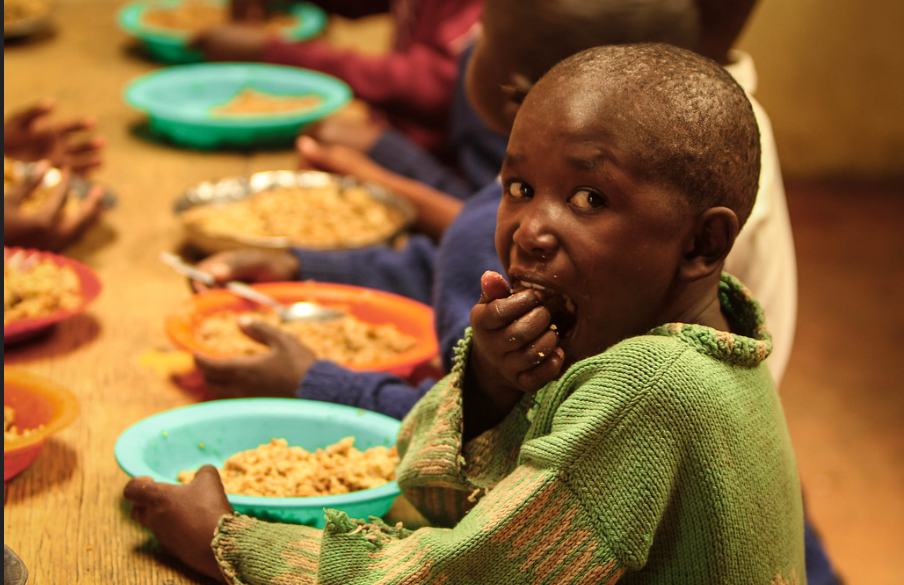Malawi faces severe hunger crisis as El Niño triggers drought and floods
The situation is further exacerbated by recent floods and landslides in northern Malawi, displacing approximately 14,000 people.

In Malawi, approximately nine million people are grappling with the severe consequences of El Niño-related environmental disasters, including droughts and floods that have led to widespread destruction of crops and escalating hunger levels. During a recent visit to the drought-affected regions of Malawi, key figures from the United Nations and associated food programs called for enhanced international aid to support the Malawian government and its people in this crisis.
Ms. Reena Ghelani, the UN Climate Crisis Coordinator for El Niño/La Niña Response, along with Dr. Menghestab Haile and Dr. Patrice Talla, regional directors for the World Food Programme (WFP) and the Food and Agriculture Organization (FAO) respectively, emphasized the urgent need for increased support. This plea comes in the wake of a devastating season for maize cultivation, which saw a 45% decline in harvests compared to the five-year average, significantly intensifying the risk of acute hunger for about 40% of the population by year's end.
The situation is further exacerbated by recent floods and landslides in northern Malawi, displacing approximately 14,000 people. In response, the President of Malawi declared a national disaster on March 25. A National Response Plan was subsequently launched in April, estimating the required aid at US$ 449 million. Neighboring countries, Zambia and Zimbabwe, are also facing similar drought emergencies, underscoring the regional magnitude of the crisis.
Dr. Haile expressed deep concern for the farmers affected by the drought, noting their despair as they face a year with virtually nothing to harvest due to inadequate rainfall. “Unless we can scale up support, these communities are staring hunger in the face,” he stated.
The economic strain is compounded by depleted food stocks, high inflation, and maize prices that are 40% higher than the previous year, which also saw a spike in malnutrition cases. Malawi has been repeatedly struck by climate shocks, including last year's Tropical Cyclone Freddy, which impacted over 2.2 million people and damaged vital infrastructure, and a severe cholera outbreak in 2022.
Dr. Talla highlighted the need for increased support to enhance disaster preparedness and climate adaptation strategies. The Malawian government has been advocating for an expansion of its national irrigation strategy to cover 54,000 hectares, but funding shortages have severely limited these efforts, with only 40% of the needed funds for 2023 secured.
Ms. Ghelani called for a balance between emergency aid and long-term solutions to address the underlying causes of vulnerability. “While we must prioritize emergency assistance now, we should invest in sustainable solutions that address the root causes of vulnerabilities. The communities in Malawi should be supported to build a resilient and food-secure future,” she urged.
Despite the recent allocation of $17.5 million from the Central Emergency Fund to support those affected by extreme weather events and the El Niño response in the Southern African region, the ongoing crisis indicates that much more support is necessary.










